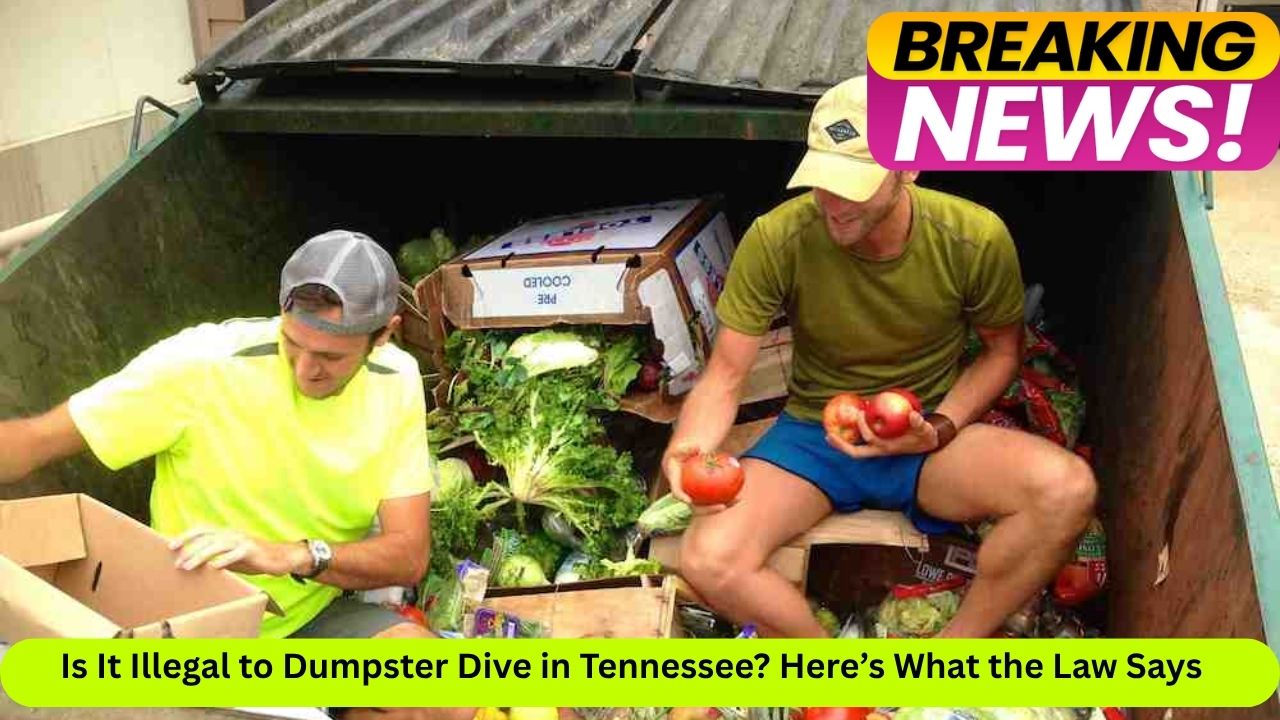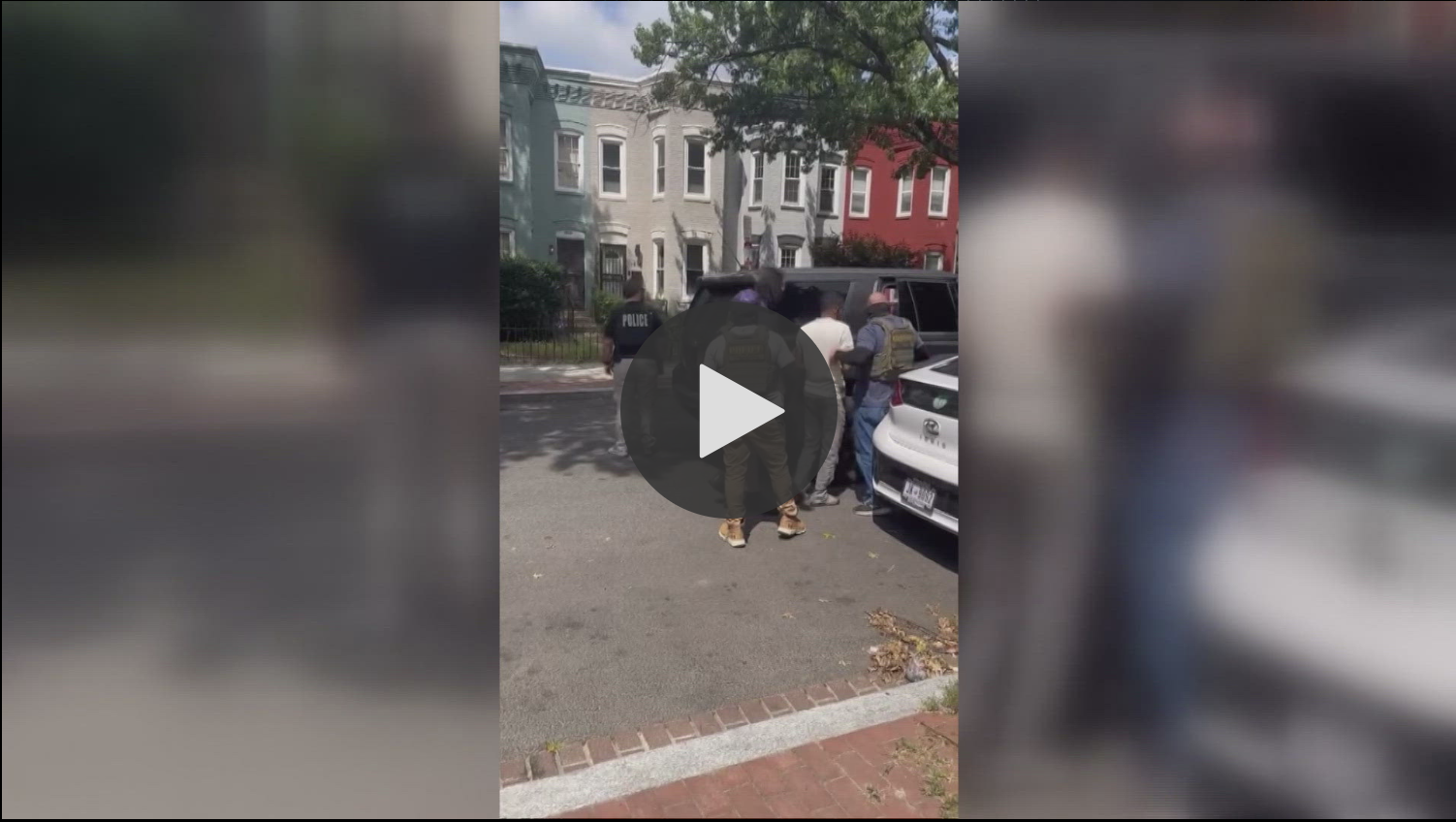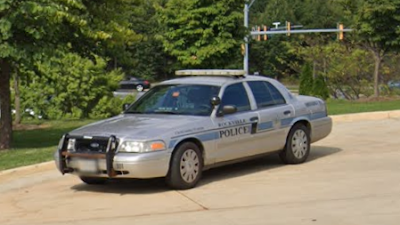Dumpster diving—sorting through discarded trash in search of useful items—evokes a mix of curiosity, intrigue, and concern. While some see it as a creative way to reduce waste and score free stuff, others worry it may cross legal boundaries. Is it illegal to dumpster dive in Tennessee? The answer hinges on a blend of federal case law, state policy, and local ordinances. In this post, we’ll break down the legal landscape, examine examples from major Tennessee cities, and offer practical guidance for anyone thinking of diving into the dumpster world.
What Is Dumpster Diving?
At its simplest, dumpster diving means retrieving discarded items—ranging from furniture and food to electronics and clothing—from waste containers like dumpsters or curbs. While some people do it out of need, many are motivated by sustainability, resale value, or the thrill of discovery. In Tennessee, as in most of the U.S., the practice isn’t automatically illegal. But that doesn’t mean it’s free of legal pitfalls.
Federal Legal Background: California v. Greenwood
The foundation of dumpster diving legality comes from the 1988 U.S. Supreme Court decision, California v. Greenwood. The Court ruled that once you put trash out for collection in a public space, it is no longer protected by the Fourth Amendment’s privacy clause. Essentially, law enforcement—as well as private citizens—can search through it without a warrant. The principle holds nationwide, including in Tennessee, because once trash is publicly discarded, the original owner typically has no privacy expectation.
That ruling establishes dumpster diving as federally permissible—but state laws and local ordinances can impose stricter restrictions.
Tennessee Law — State vs. Local
Statewide Status
Tennessee does not have any statute that explicitly prohibits dumpster diving. Under state law, trash left in public spaces loses its protected status. There are no statewide bans or specific penalties tied to the act of dumpster diving alone.
Local Ordinances
However, local city and county ordinances can create restrictions that make dumpster diving illegal in certain areas. Localities may include:
-
Trespassing laws: Accessing dumpsters on private property—especially if locked, gated, or marked “No Trespassing”—can lead to charges.
-
Municipal waste policies: Some cities treat shopping or scavenging from trash as illegal scavenging or littering.
-
Signage or bylaws: Visible “Dumpster diving prohibited” signs or locked dumpsters can be invoked in court.
In Tennessee, local governments like those of Nashville, Memphis, Knoxville, and Chattanooga implement their own rules and enforcement standards.
Trespassing, Signs & Locked Dumpsters
Even if dumpster diving isn’t directly outlawed, other factors may make it illegal:
-
Private Property: Entering private land—whether fenced, gated, or just behind a retail strip—without authorization can lead to trespassing charges.
-
No Trespassing Signs: Judges often treat visible signage as formal notice. Ignoring it may turn you from a curious diver into someone committing an offense.
-
Locks or Security Measures: Manipulating locks or entering locked areas is itself a potential crime.
-
Disorderly Conduct or Littering: Messy dives can be interpreted as creating nuisance, prompting legal enforcement even on unused or neglected dumpsters.
All divers should stay alert to these risks.
Public vs. Private Dumpster Locations
Dumpster Diving in Public Areas
-
Curbside bins (e.g. on residential streets): Generally safe and legally accessible.
-
Public spaces (park-side dumpsters, municipal trash areas, rest stops): Fair game, provided there are no contrary restrictions.
When trash is placed in a visible, accessible area as part of routine collection, privacy expectations are typically waived.
Risks on Private Property
The border between public and private property is critical. Many commercial dumpsters sit in back alleys or fenced lots belonging to shopping centers, apartments, and offices. Without owner permission, divers risk trespassing charges—even if items are thrown away.
Examples from Tennessee Cities
Let’s explore how these rules apply in four of the state’s major cities:
Nashville
-
Curbside bins for residential homes are legally accessible once trash is placed for pickup.
-
Many commercial areas place dumpsters in private lots. Without permission, rummaging may be prosecuted as trespassing.
-
Signage policy is inconsistent; some complexes actively prohibit dumpster diving.
Memphis
-
Downtown has mixed zones—some alleys considered public, others clearly private.
-
Divers report encountering “No Scavenging” signs behind retail businesses.
-
Local PD enforcement tends to focus on littering complaints rather than the act itself.
Knoxville
-
University districts see a surge of discards during student move-out. Many treat dumpsters as public at that time.
-
Yet apartment complexes often restrict access with signs or require locked pads.
-
Trespassing enforcement depends on property managers calling it in.
Chattanooga
-
Scenic city sidewalks and public trash areas are fair game.
-
Industrial zones with dumpsters behind gates require caution—or permission.
-
Households typically waive ownership by placing trash curbside, but private lot dumpsters remain off-limits.
Real-World Scenarios & Court Precedents
While Freddie Court Property v. common citizen cases are rare, Tennessee does not appear to have strong local legal precedents challenging dumpster diving directly. That said, private property trespass cases are common. Divers have been detained for entering unauthorized areas or creating disturbances—especially if property owners call the police.
Additionally, there have been incidents involving identity theft or trespassing that led to charges. Some courts have ruled that while items in public trash are abandoned, sensitive data still requires privacy protection—so carelessness can expose divers to charges beyond trespass, such as fraud.
Risks Beyond Legality
Even if diving isn’t strictly illegal, other hazards exist:
-
Trespassing: Backlot dives without permission almost always risk trespass charges.
-
Disorderly Conduct/Littering: Messy dives prompting complaints may lead to citations.
-
Identity Theft/Data Theft: Discarding sensitive personal information (mail with SSNs, bank statements) can be used to commit identity theft. Courts have upheld that retrieving such without right may be unlawful beyond mere dumpster diving.
Stay aware of these dangers—even if you believe you’re operating within legal bounds.
Benefits of Dumpster Diving
Despite the legal tightrope, dumpster diving offers compelling benefits:
-
Waste Reduction & Sustainability
Americans produce over 200 million tons of trash annually—according to recent EPA estimates—and tons of that is still usable. Diving reclaims items bound for landfills and reduces waste. -
Access to Food & Goods
Surplus food from grocery stores can still be fresh and nutritious. Once processed or damaged, the food is often tossed despite being edible. -
Cost Savings & Resale Opportunities
Divers often find items they can donate, refurbish, or sell at thrift shops or online marketplaces, offsetting costs and sometimes earning profits.
Safety Tips & Best Practices
If you decide to dive (with legal caution), follow these guidelines:
-
Know Public vs. Private: Don’t cross fences, gates, or locked areas. Prefer curbside bins and dumpsters on public property.
-
Respect “No Trespassing” Signs: These count as legal notice.
-
Leave Area Clean: Avoid littering or disorderly piles.
-
Go Low-Profile: Early mornings/late nights reduce attention. But avoid trespass regardless of time.
-
Personal Safety Gear: Wear gloves, bring tools like grabbers, and stay aware of traffic or sharp objects.
-
Privacy Matters: Don’t rummage through documents with private data.
-
Ask for Permission: Calling a store or apartment manager can save legal trouble—and maybe let you dive legally.
What to Do If You’re Approached by Law Enforcement
If a police officer questions you:
-
Stay calm & polite.
-
Explain you are diving in a public area.
-
If asked to leave, comply—this avoids escalation.
-
Know your rights—you aren’t committing a crime just by being near the dumpster.
-
Don’t argue or resist. If arrested or cited, arrange to appear in court.
In most cases, divers are released after explaining they were not trespassing or littering.
Dumpster Diving Ethically & Responsibly
Good ethics sustain the hobby:
-
Take only what you need—don’t hoard or remove all usable items.
-
Clean up after yourself and leave the site better than you found it.
-
Donate rather than resell items in good condition—especially if still usable by others.
-
Share local spots and tips responsibly—don’t create dumpster hotspots that attract misuse.
-
Be considerate of night-time noise and privacy, especially near residential zones.
Ethical habits lead to better acceptance and fewer legal issues.
Conclusion
Is dumpster diving illegal in Tennessee?
Not at the state level—it’s federally allowed and state law doesn’t forbid it outright. But legality largely depends on location: public vs. private property, signage, and local ordinances. The biggest risk is trespassing, not diving itself.
Stay safe and legal by:
-
Focusing on public trash areas.
-
Watching for “No Trespassing” signs and locked enclosures.
-
Treating dumpsters and surrounding areas with respect.
-
Understanding that diversion from useable items toward waste reduction is both smart and sustainable.
Think of dumpster diving not just as a source of free stuff, but as an eco-conscious practice. With common sense, respect, and caution, you can dive responsibly—helping reduce waste while keeping within the law.
















Leave a Reply